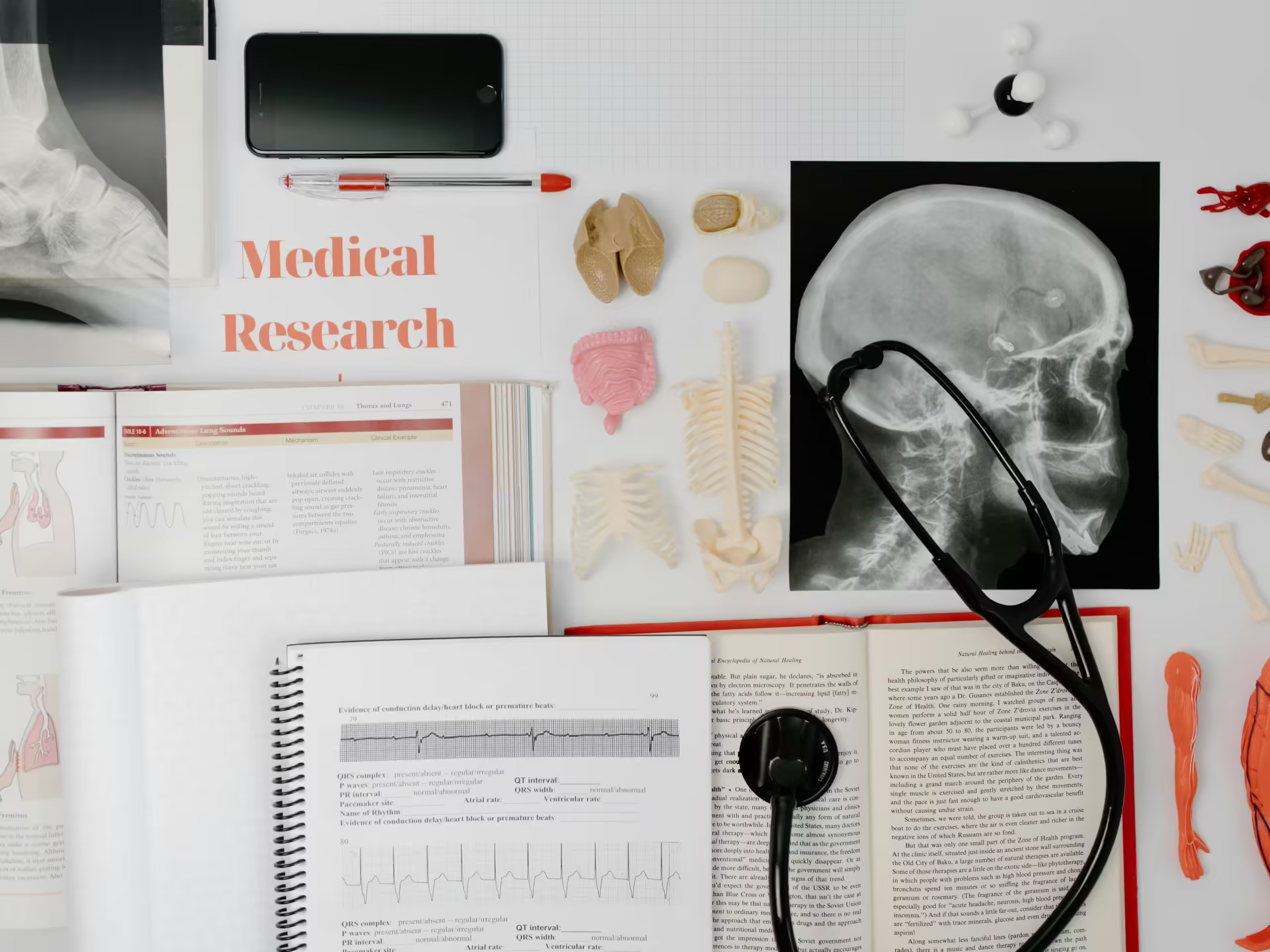Table of Contents
Introduction
Adenoids are an important part of your immune system, but many people are unaware of their role in maintaining overall health. In this article, we will explore what adenoids are, their function, common problems associated with them, and how you can keep them healthy. Understanding the significance of adenoids can help you make better decisions for your health, especially when issues arise.

What Are Adenoids?
Adenoids are small masses of lymphatic tissue located at the back of your nasal cavity, above the roof of your mouth. They are part of the immune system and help your body fight infections. In children, the adenoids are larger and can help protect the body from bacteria and viruses that enter through the nose and mouth. However, as a child grows, the adenoids may shrink, and in some cases, they can become problematic if they do not shrink enough.
Key Functions of Adenoids
- Fight Infections: Adenoids trap harmful bacteria and viruses that enter through the nose or mouth.
- Help Immune System: They help the body’s immune system recognize and destroy pathogens.
- Aid in Breathing: In younger children, the adenoids play a role in keeping the respiratory system healthy by filtering air before it enters the lungs.
Common Problems with Adenoids
While adenoids help protect the body from infections, they can sometimes become enlarged or infected, leading to various health problems. This is especially common in children as their immune systems are still developing.
Enlarged Adenoids
Enlarged adenoids can block the airways, making it difficult for children to breathe through their noses. This can lead to:
- Mouth breathing: Chronic mouth breathing can lead to dental problems, bad breath, and dry mouth.
- Snoring: Enlarged adenoids may contribute to snoring or disturbed sleep.
- Sleep apnea: In severe cases, enlarged adenoids can cause obstructive sleep apnea, where breathing repeatedly stops and starts during sleep.
- Frequent ear infections: The adenoids are close to the Eustachian tubes, and enlarged adenoids can lead to fluid buildup in the middle ear, causing ear infections.

Adenoiditis
Adenoiditis refers to the inflammation of the adenoids, often caused by infections. This condition can cause symptoms such as:
- Sore throat
- Nasal congestion
- Fever
- Difficulty swallowing or breathing
Symptoms of Adenoid Problems
The symptoms of enlarged adenoids or adenoiditis may include:
- Difficulty breathing through the nose, especially at night
- Snoring or loud breathing during sleep
- Chronic ear infections or fluid in the ears
- A stuffy or runny nose that doesn’t seem to go away
- Voice changes due to blocked airways, often sounding nasal or muffled
If these symptoms persist or worsen, it may be time to consult a healthcare professional.
When Should You Seek Medical Help?
If your child or you experience any of the symptoms mentioned above, it may be time to consult a doctor. A healthcare provider may suggest treatments such as:
- Medication: Anti-inflammatory drugs or antibiotics for infections.
- Surgery: In severe cases, an adenoidectomy (removal of the adenoids) may be necessary if the adenoids are causing persistent problems.
In cases where sleep apnea or chronic ear infections are a concern, early intervention can help prevent further complications.

How to Keep Your Adenoids Healthy
Taking care of your adenoids is important for overall respiratory health. Here are some tips to keep your adenoids healthy:
- Avoid allergens: Reduce exposure to dust, pollen, or animal dander, as these can irritate the adenoids.
- Practice good hygiene: Wash hands regularly, avoid close contact with sick individuals, and keep your home clean to reduce the risk of infections.
- Stay hydrated: Drinking plenty of fluids helps to keep the mucus membranes moist and can reduce the chances of infections.
- Use a humidifier: In dry environments, using a humidifier can help keep the air moist, which helps reduce nasal congestion and irritation.
- Healthy diet: Eating a balanced diet rich in vitamins and minerals supports a strong immune system, which in turn helps the adenoids function properly.

Conclusion
Adenoids play an important role in protecting your body from infections, but when they become enlarged or infected, they can cause significant health issues. By understanding the function of adenoids and recognizing the symptoms of potential problems, you can take proactive steps to maintain your health and seek medical attention when necessary. If you need more information or help with your health journey, feel free to contact us at Health Authentica.









